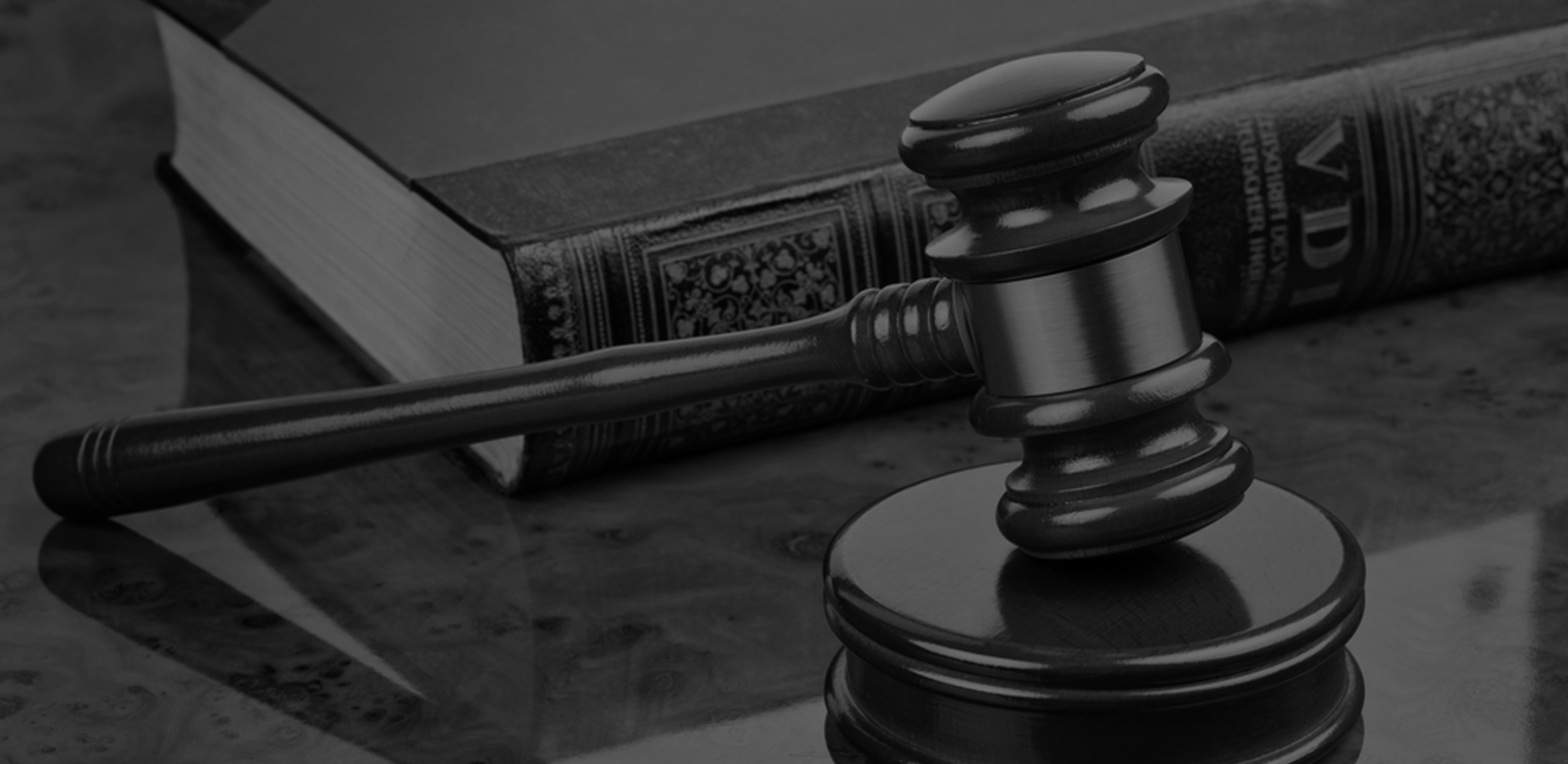
&nbsap;
There are some cases where hiring a lawyer is not strictly required. This will be determined according to the level of controversy the issue has and how troublesome it is. Some legal matters do not require the expertise or presence of a legal representative. These are 15 things that must be taken into consideration before hiring a lawyer.
1.Define your problem carefully before considering hiring a lawyer
A lawyer can help you understand the complex rules associated with a business you are starting; however, you can also research this matter yourself. On the other hand, if you are being charged with a crime or you have been sued for damages, you surely need a lawyer.
2.Ask yourself and others if it is possible to solve the problem yourself
In some cases you can solve your problem without the intervention of a lawyer. For example, if a company has affected you in any way, check if they have a customer service division. If you have a complaint against a highly regulated industry, there are government agencies that can help you.
3.Determine the immediacy of your situation
Avoid delaying the time to seek legal help. Waiting can put your rights at risk to seek a solution. If you are charged with a crime, do not wait any longer to seek legal help.
4.Read the warnings carefully and consider more than one option
Do not assume that the lawyer who advertises in newspapers is the best lawyer to handle your case. It is also important to consider lawyers who have the skills to handle your case.
5.Be prepared when you talk to your lawyer on the phone or meet face-to-face
Make a list of questions and make sure all your doubts are clarified before signing anything.
6.Do not hire a lawyer who actively offers you services
If a lawyer contacts you by phone or in person without permission know that this is an incorrect action under the professional ethic rules of their job.
7.Make sure you understand what you are paying
Insist on being given a written disaggregation of the services you are paying.
8.Find out about the professional responsibilities your lawyer has with you and the reasons why you can fire him or her
Some contracts specify that if you fire a lawyer, he or she will receive your percentage of any future transaction or grant that you may receive in your case.
9.Review the lawyer’s record
Ask the Bar Association or inquire if the lawyer you intend to hire has been subject of any disciplinary sanction. This will help you find out if the lawyer has a questionable pattern of behaviour.
10.Know your all your options
Lawyers do not just sue. There are other options on how to handle a case. Make sure your lawyer has an open mind about which alternatives you have to solve the problem.
11.Ask the following questions when you think you have found the right lawyer to work on your case
Make sure he or she is able to answer them all:
- Do you handle cases of different types or do you specialise in certain types of cases?
- Have you handled cases like this before?
- What are the different results you can predict from this case?
- What alternatives could be considered?
- How often will I receive a bill and what are your estimates for fees and services?
- How will you inform me about the progress of the case?
- Will any other lawyer attend this case?
12.Discuss the work being done versus the cost you are paying
The services of a lawyer are rarely any cheap. A customer has the right to be in control, to fully understand how his money is being spent. From the beginning, tell your lawyer everything you know. Remember, lawyers must maintain maximum confidentiality in the lawyer-client relationship. Waiting until the last minute to communicate something to your lawyer makes you waste your money, so you should ask good questions and establish smart communication. Also, keep copies of important documents in your own files.
13.Make sure you have found the lawyer that is right for you
A change of lawyer after the legal process has begun can be very expensive.
14.The fees
Understand where all charges are charged. Hourly rates are the most common rate. Depending on the experience and location of a lawyer an hourly fee may vary. In the consultation, remember to ask for an estimate of the number of hours you can expect to pay. Fixed rates generally pay when the services provided are more predictable. It is important to ask the lawyer exactly what services and expenses are not covered at a flat rate.
15.Evaluate the work of your lawyer
A good lawyer is, above all, a professional. In the assessment of your lawyer, measure his ability to keep you informed about the details of the case, return the calls you make, maintaining work loyalty, being honest, the consultation you did and the advice he or she offered, assistance and punctuality for meetings, hearings, or any other court appearance, and whether you openly discussed all billing matters under the original service agreement as well as your preparation for court appearances.
If you do not feel satisfied or feel your lawyer has not done a good job, do something. If you think your lawyer has been negligent remember that you can file a complaint to the Supreme Court, because under the Professional Ethics Canons, they have a duty to comply with a set of rules whose violation may lead to the suspension of the practise of their profession or at least, a strong admonition. You can also file a complaint with the judges, who also have canons of judicial ethics to regulate their conduct and professional work.
RSChase Lawyers is a law firm that can help you clarify any questions you may have regarding legal matters. Do not hesitate to contact us.